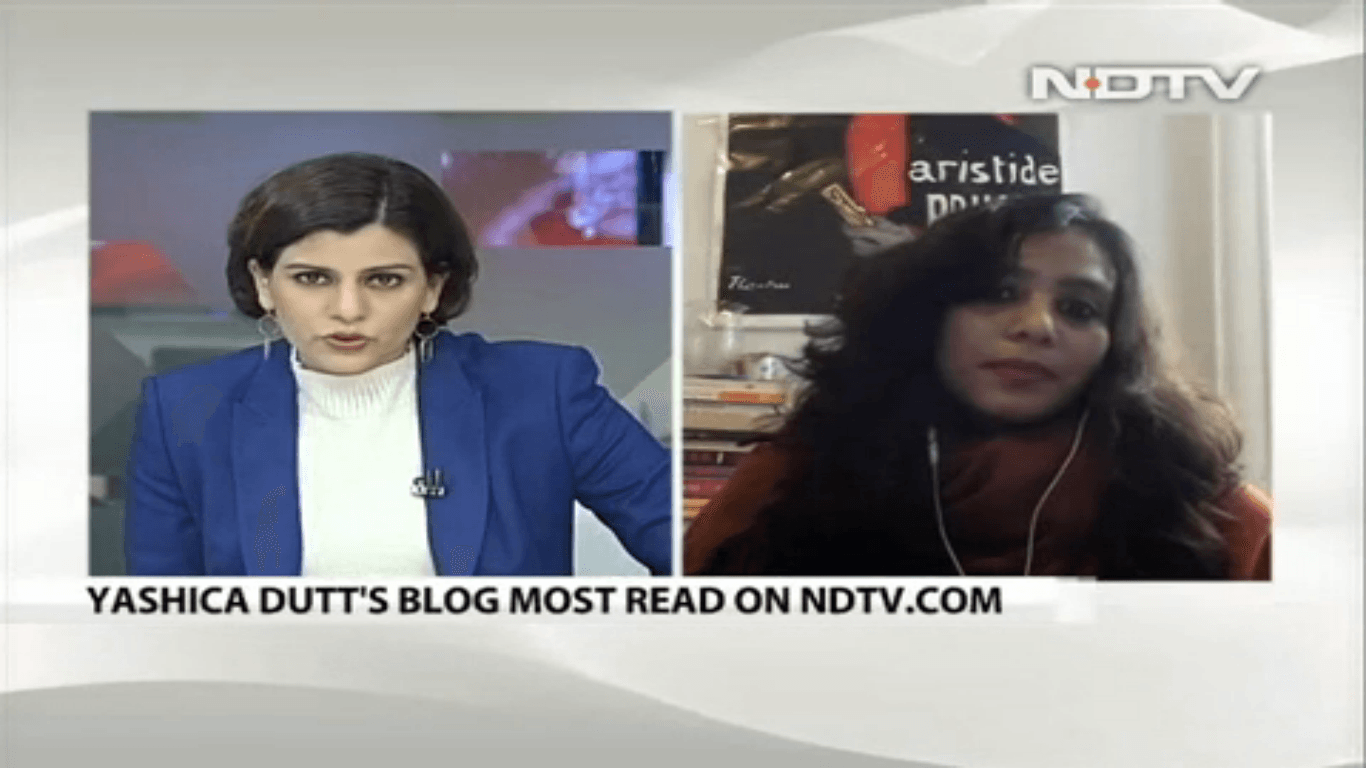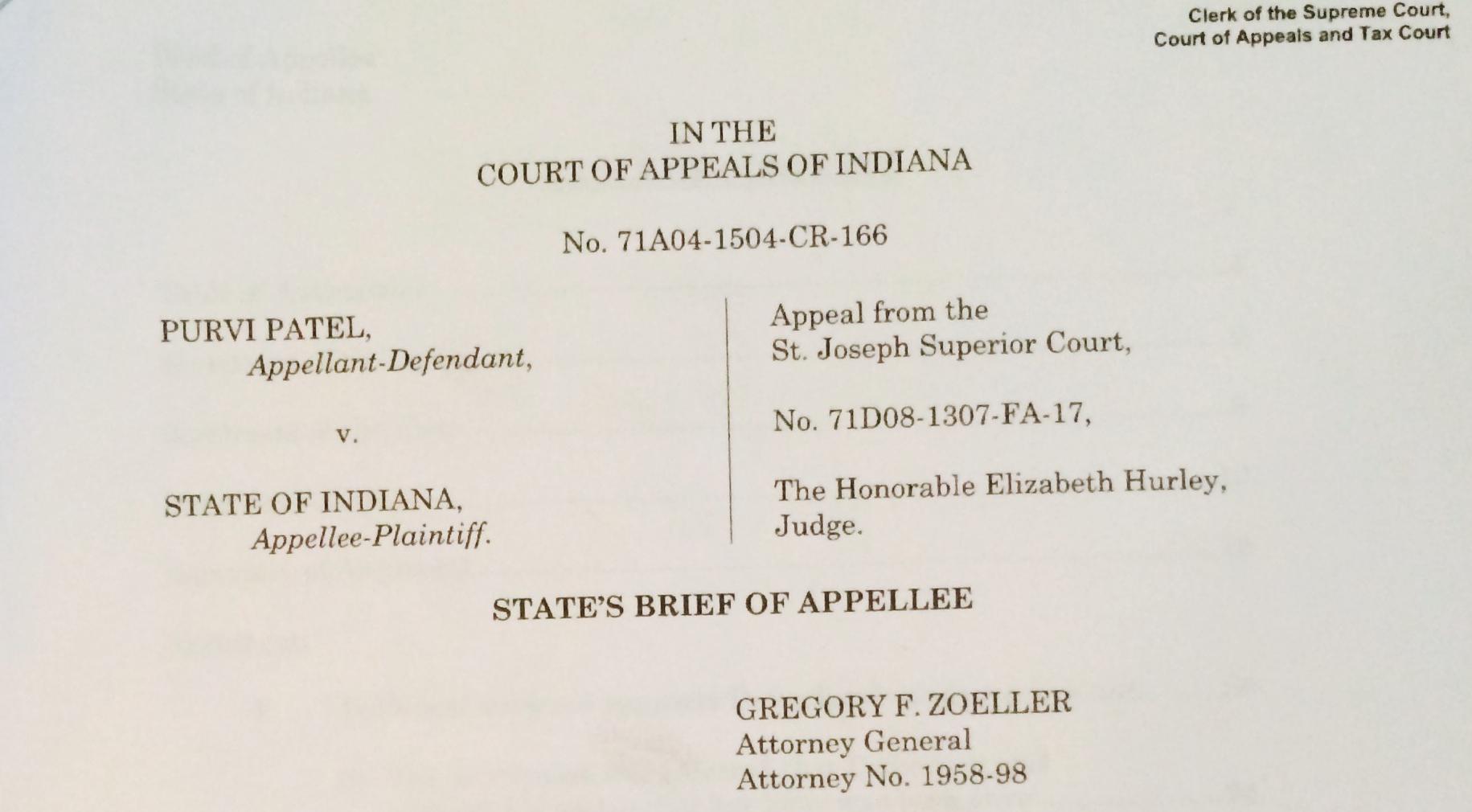herrights
Why I finally ‘came out’ as Dalit — and what happened next
Despite the fact that caste discrimination is illegal in India, Yashica Dutt’s parents encouraged her to “pass” as upper caste to access better opportunities. But hiding her Dalit identity was taking its toll. So she came out on Facebook, sparking a huge conversation that’s still ongoing.
We want to hear your feedback so we can keep improving our website, theworld.org. Please fill out this quick survey and let us know your thoughts (your answers will be anonymous). Thanks for your time!
Confronting gender disparity? Start with chores, these Indian teens say.
A new program gives teenagers in a Mumbai slum a chance to talk about gender violence — and the other ways girls are treated differently than boys. The hope is that a new generation will question traditional dynamics that leave girls often victimized and powerless.
She could have been a child bride like her sisters. But she became a coach instead.
Parvati Pujari is the first member of her Mumbai family to get a college degree. She’s also the first of her sisters not to be married off young. And she played on India’s national women’s rugby team. By working with other women to coach sports in this poor part of the city, she’s passing on the attributes that helped her overcome her obstacles and achieve her dream.
This actor plays not one rapist but many — to help end gender violence
When a New Delhi woman was gang-raped and later died from her injuries in 2012, the Indian media called her Nirbhaya, or “fearless one,” both because they couldn’t name her legally, and because of the brutality that she went through. Thousands took to the streets: not just women, but men as well. Actor Ankur Vikal has gone even further. He relives the gang-rape story on stage.
Matahara: When pregnant women, new moms are harassed at work
A lawsuit has drawn the Japanese public’s attention to “matahara”: a word coined from the English “maternity harassment.” It refers to the practice of demoting or even laying off women when they become pregnant. It’s against the law in Japan, but still widespread. Advocates hope giving it a name will start to change that.
Subscribe to The World’s Latest Edition podcast for free using your favorite podcast player:

